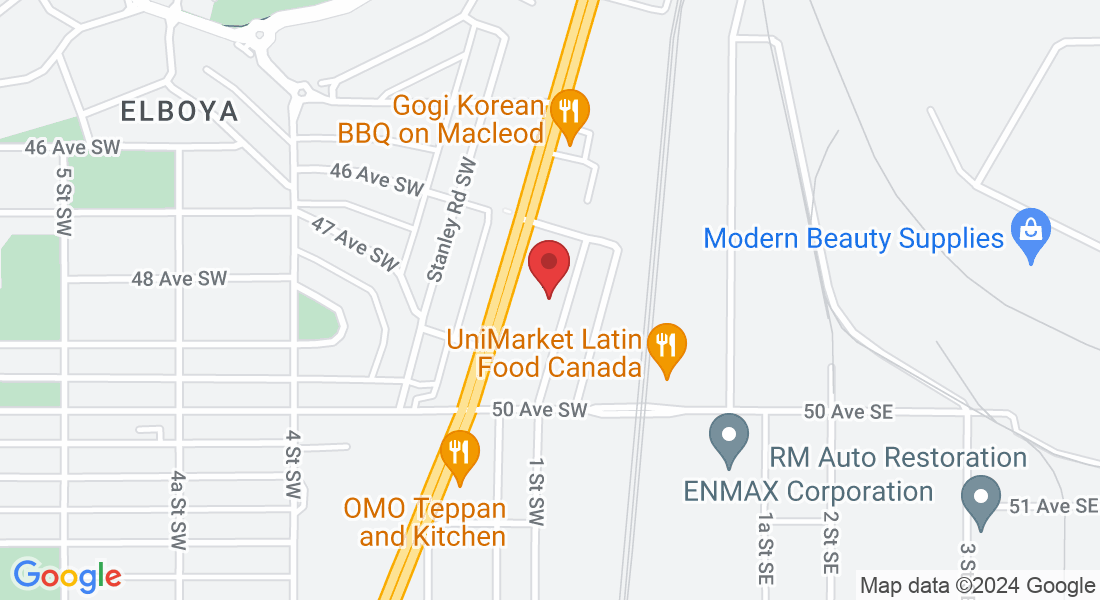Surgical Services
Endoscopic sinus surgery is a surgical treatment that uses small cameras (endoscopes) that allow a surgeon to see inside the nose and, using small instruments, remove the inflamed tissue and bones of the sinuses.
This helps to improve sinus function by:
- removing inflamed tissue
- improving ventilation in the sinuses
- allowing for medications to reach the sinus cavity
Sinus surgery is not a cure for sinus disease, but works in conjunction with medications to control sinus inflammation and infection.
Septoplasty and inferior turbinate reduction may be offered as a means of improving nasal breathing or as an adjective treatment for sinus surgery or balloon sinus therapies. The procedures are helpful to improve nasal breathing and reducing nasal congestion.
WHAT CONDITIONS ARE BEING TREATED?
Chronic rhinosinusitis with or without nasal polyps
Recurrent acute sinus infections
Complications of acute sinus infections
WHAT ARE THE BENEFITS OF SINUS SURGERY?
Improved nasal breathing
Reduced nasal discharge
Fewer and less severe sinus infections
Improved sleeping and quality of life
Snoring may improve
Improved well-being, less fatigue
Improved control of asthma
Possibly improved sense of smell
Improved control of allergies
WHAT IS SINUS SURGERY NOT HELPFUL FOR?
- Sinus headaches (generally migraine or muscle tension headaches)
- Sinus pain and pressure may not improve
- Post-nasal drip/ phlegm may not improve
- Ear pain/pressure, eustachian tube dysfunction
WHAT ARE THE RISKS OF SINUS SURGERY?
Listed below are potential complications of sinus surgery. It is difficult to give exact percentages of the potential complications as these can vary based on the complexity of a person’s anatomy, extent of sinus disease and history of previous surgery. All efforts are made to ensure your safety and care before, during and after surgery.
- blindness
- CSF/ brain fluid leak
- injury to the internal carotid artery
- double vision (temporary or permanent)
- need for revision surgery
- scar band formation
- sinus opening closure / stenosis/ scarring
- decreased or loss of sense of smell
- obstruction/ injury to the lacrimal (tear duct) system
- bruising around or behind the eye
- post-operative nose bleed (may require transfusion)
- post-operative infection
- mucous crusting in the nose
- lateralization of the middle turbinate
- post-operative infections
- post-operative nasal sensitivity
- worsening or development of facial pain/ pressure and headache
- nasal septal perforation
- fatigue, nausea and vomiting
- worsening of asthma and breathing problems
WHAT ARE THE ALTERNATIVES TO SURGERY?
Sinusitis and nasal polyps may be treated with nasal saline rinses, nasal steroids, repeated course of oral corticosteroids and antibiotics
WHAT MUST YOU DO BEFORE SURGERY?
Review all information given to you before surgery and contact Dr. Mechor’s office if you have any questions or concerns
Start medications as prescribed before surgery
Stop ASA or blood thinners 5 days before surgery unless told otherwise by Dr. Mechor’s office
Avoid smoking 1 week before surgery
Ensure you have a Rhinoclear Rhinorinse bottle and solution (or Neilmed Sinus rinse kit) to start using the day surgery
WHAT TO DO DAY OF THE PROCEDURE
It is important to eat a normal breakfast if having an in-office procedure - DO NOT EAT IF HAVING SURGERY AT HOSPITAL
Take your normal medications (except for blood thinners unless told otherwise to continue)
WHAT SHOULD YOU EXPECT AFTER SURGERY?
- It is important that you follow all instructions from Dr. Mechor’s office to avoid complications and improve healing.
- You may feel nauseated and tired after the procedure. It is recommended that someone drive you from your appointment.
- It is normal to have some bleeding after surgery. If you have heavy bleeding that does not stop or clot, please call the office or go to your nearest Emergency Room.
- Start nasal rinse. Rhinoclear Rhinorinse or Neilmed Sinus Rinse the evening of your surgery. You will continue to rinses for months, if not indefinitely, after surgery. Rinse frequency will reduce with time once the sinuses have healed.
- You can shower and eat normally after surgery.
- Avoid heavy lifting and strenuous activity for 1 week after surgery.
- You may gently blow your nose and sneeze with your mouth open.
WHAT SYMPTOMS SHOULD YOU BE CONCERNED ABOUT?
- High fever and/ or severe chills
- Severe facial pain or headaches, swelling
- Eye swelling or bruising, double vision
- Heavy bleeding that does not stop or clot
Office:
#350 4723 1st SW
Calgary, Alberta T2G 4Y8
Call
(403) 270-8060
Fax
(403) 252-8244
Website:
